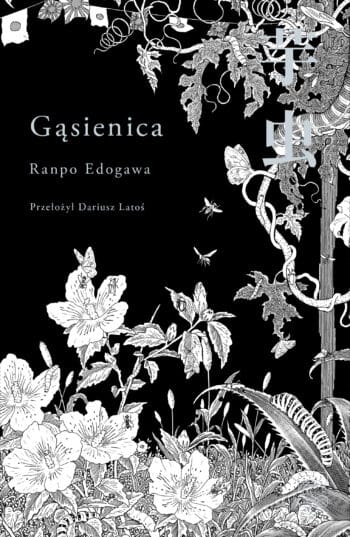Chinatown begins in one of the Parisian metro carriages in which the narrator and her twelve years old son commute. It is the starting point of the recollection of her life story divided into a few periods: a childhood spent in Hanoi, where she eats the nutritious brain soup to have energy to learn, then literature studies in Leningrad, and finally, living on the outskirts of Paris on a small pension of an English teacher. Out of her mixed, caleidoscopic-like memories of various environments comes one recurring theme: her obsession with Thuy, a Chinese Vietnamese man whom she marries despite her closed one’s disapproval. Soon after she gave birth to their son, Thuy had disappeared from her life and lived in the titular Chinatown. It is the neighborhood that she keeps on calling, rhythmically repeating the same phrases in a never-ending monologue.
Thuận’s book is a chaotic, haphazard travel through one’s past, reminding us of reopening the same old wound. But it seems like it has a deeper meaning: it is an attempt to identify and tame the obsession of the narrator and the writing itself may serve as a form of exorcism. The story incisively explains how the Sino-Vietnamese war divided Vietnamese society after 1979, refers to elements of the Vietnamese culture and its customs, and tackles the problems of immigration from Asia to Europe. When you’re reading Chinatown, you have this weird feeling of being in many places at once – the fragments of memories are interlaced with fiction written by the protagonist and it seems like the chronology doesn’t matter at all. What truly matters is the recurring feeling and what we tell ourselves before going to sleep.









